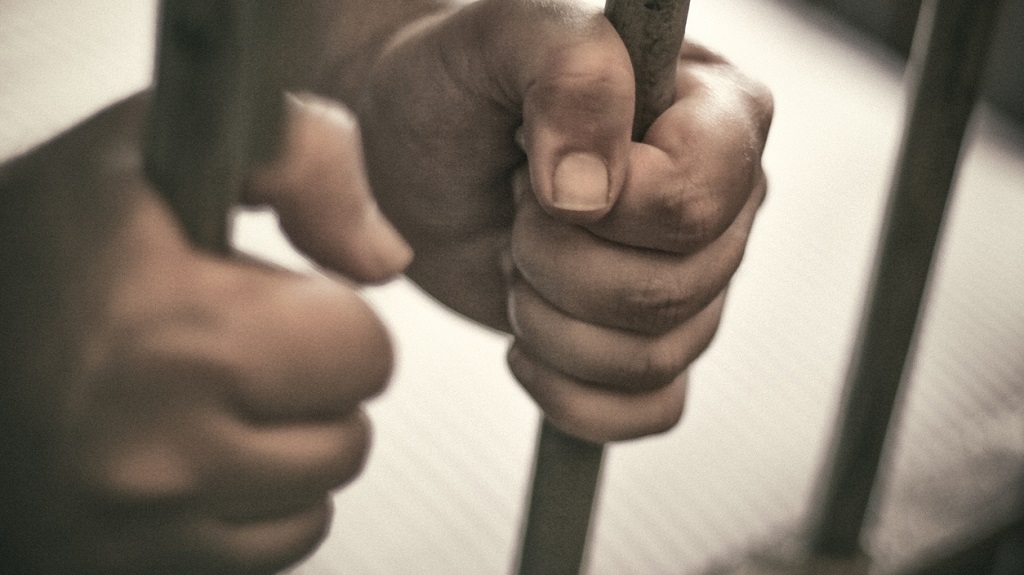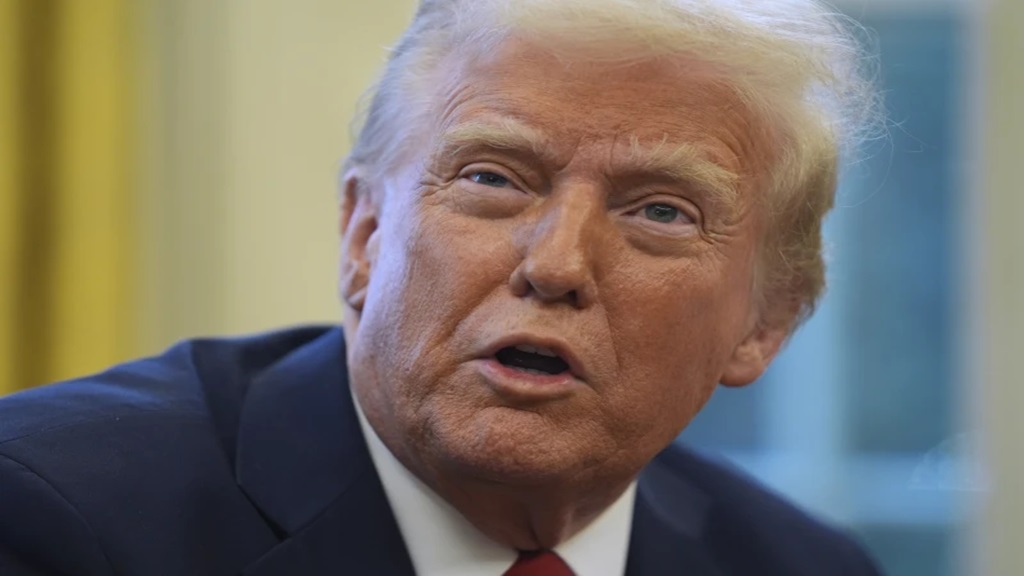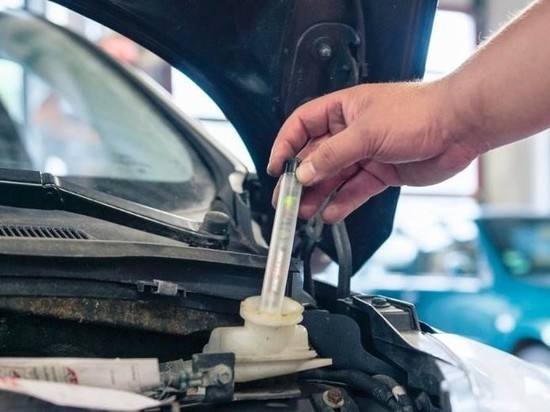Soldiers of an international mission under NATO command are now patrolling the borders.
Entry problems
In addition to the Kosovo Serbs, members of the Kosovo Police Special Forces, who were called there two weeks ago to remove Serbian license plates from cars crossing the border and not throw them with temporary Kosovo license plates, withdrew from the border, according to the AP agency.Soldiers of the NATO-led international mission in Kosovo (KFOR) are now patrolling the border. The situation on the Kosovo-Serbian border has worsened after Kosovo Serbs protested against the ban on entering Serbian license plates in Kosovo from 20 September, blocking roads to the Jarinje and Brnjak border crossings with trucks. Pristina emphasizes that it introduced such a ban reciprocally after Serbia refused to allow cars with Kosovo brands into its territory, which, according to Serbia, indicated that Kosovo was an independent state. Belgrade rejects Kosovo’s independence, asking drivers to remove Kosovo brands from their cars when they arrive in Serbia and replace them with other, temporary ones.
They found an agreement
However, Serbia and Kosovo finally reached an agreement on Thursday, helped by an EU special representative for dialogue between Belgrade and Pristina, Miroslav Lajčák. They agreed that KFOR troops would patrol the area for the next 14 days. In accordance with the agreement, the inhabitants of both countries will also cover their state symbols on license plates with stickers when entering their neighbor’s territory, the AP explains. The KFOR mission consists of approximately 4,000 troops from 28 countries, led by NATO and supported by the United States and the EU. It aims to reduce tensions between the people of Kosovo – the majority ethnic Albanians and minority Serbs. Kosovo declared independence from Serbia in 2008, nine years after NATO conducted a 78-day raid operation on targets in Serbia, in which the Allies wanted to stop the persecution of ethnic Albanians in Kosovo. Many Western countries have recognized Kosovo’s independence, but Serbia and its allies – Russia and China – refuse to do so. So far, Pristina has not received recognition from five EU members – Slovakia, Spain, Greece, Cyprus and Romania. Since 2011, the EU has been launching talks aimed at normalizing Pristina’s relations with Belgrade. Within these, both parties have already reached more than 30 agreements, most of which, however, are met only weakly or not at all, writes the agency AP
Note: This article have been indexed to our site. We do not claim ownership or copyright of any of the content above. To see the article at original source Click Here













